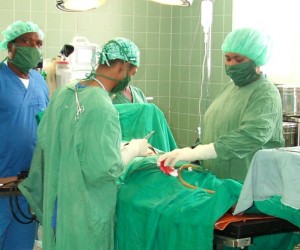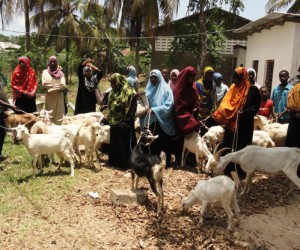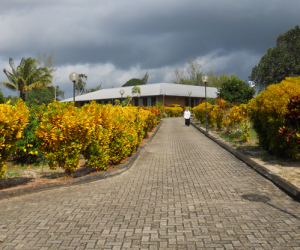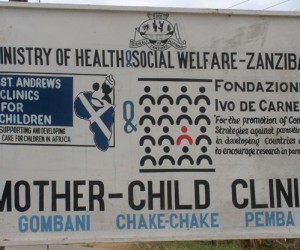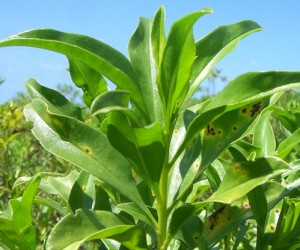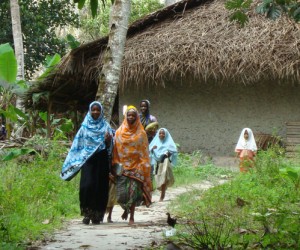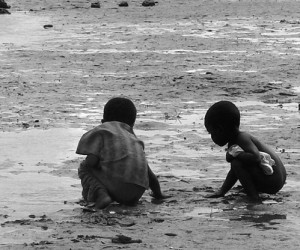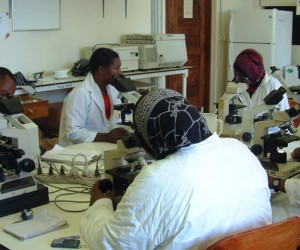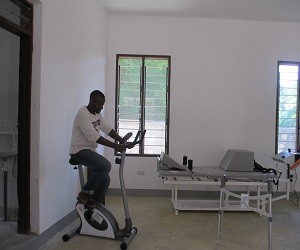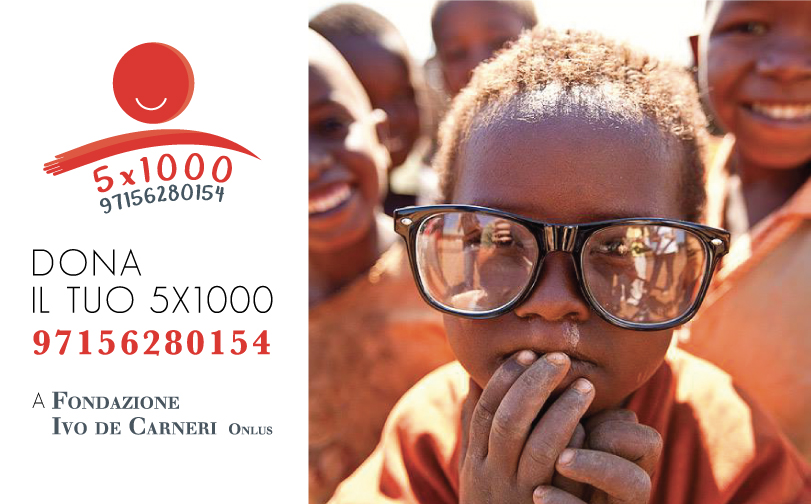April 14 is world Chagas disease day.
Worldwide, an estimated 6 to 7 million people are affected by Chagas disease, which is present primarily in endemic areas of 22 Latin American countries (Argentina, Belize, Bolivia, Brazil, Chile, Colombia, Costa Rica, Ecuador, El Salvador, French Guiana, Guatemala, Guyana, Honduras, Mexico, Nicaragua, Panama, Paraguay, Peru, Suriname, Uruguay, Venezuela, and in Texas). Recently, due to migratory movements of the Latin American population to other continents, Chagas has also appeared in non-endemic areas, such as Canada, many European countries, and in some Western Pacific countries.
Findechagas, the International Federation of Associations of People Affected by Chagas Disease, composed of more than 25 civil society organizations from North and South America, Europe, and the Western Pacific, with the support of various institutions and governments of World Health Organization member countries, has spearheaded the establishment of a World Chagas Disease Day, a much-needed anniversary to draw attention to a forgotten problem and the millions of people who lack access to diagnosis and treatment.
World Chagas Disease Day has been declared on the occasion of the 72nd Meeting of the WHO Assembly on May 20, 2019, and is celebrated on April 14, the day when Brazilian physician and researcher Carlos Chagas, in 1909, diagnosed the first human case of the disease on a two-year-old girl named Berenice.
Each year Findechagas proposes a theme to celebrate World Chagas Disease Day. If in past editions the themes have been "making Chagas disease visible in the world," and "ensuring access to diagnosis and treatment," for this 2022 the central theme of World Chagas Disease Day is to define the number of people affected and the regions/countries affected by the problem in the world. "Help us know how many we are and where we are" is Findechagas' invitation to health authorities in each country.
The WHO goals to be achieved in 2030 for elimination as a public health problem of Chagas disease are basically twofold: elimination of transmission of the disease and extension of treatment to 75 percent of those affected (currently it is estimated that only 1 percent have access to treatment). Achieving the first goal will require eliminating the bug that transmits the parasite from homes, ensuring that all women of childbearing age receive early diagnosis and relevant treatment so as to avoid congenital transmission, and total control of blood and organ donations. Achieving the second goal, to ensure treatment for 75 percent of people, requires strengthening of community-based health care and training of primary care personnel that will ensure access to diagnosis for all. These are ambitious goals that engage not only the endemic countries of Latin America, but also all the nonendemic countries to which there has been a strong Latin American migration in recent decades and where Chagas disease continues to be little known, under-diagnosed, and not taken care of by the national health care system, as is also the case in Italy.
The association PINTRE: Intertwined Pathways is a Findechagas member as a member of Ailmac: Italian Association for the Fight against Chagas Disease. These associations are committed to promoting, disseminating and strengthening public policies in the fight against Chagas disease on the national territory and in individual regions since it is a priority to provide, through diagnosis, research and field work, possible solutions for local governments and regional authorities.
The PINTRE association aims to raise awareness of Chagas in the Piedmont Region, while the Ailmac Association intervenes mainly in the Lombardy Region, but also in Veneto, Liguria, and Trentino Alto Adige, with awareness campaigns and free screening for the Latino population. The common goal of both is to identify infected people and start treatment promptly before the onset of disease complications.
"The pandemic is now in the spotlight," says Isabel Farell, president of PINTRE, "and the world's attention is focused on the coronavirus, but that doesn't mean we need to lower our focus on Chagas disease. The establishment of a world day was an important milestone because it represents a first and very important signal of institutional recognition of the problem. This year we are taking a step forward, treating the disease in its various aspects and interactions in different contexts, confident of a future in which Chagas is recognized and fought not by individuals, but by 'the whole community."


